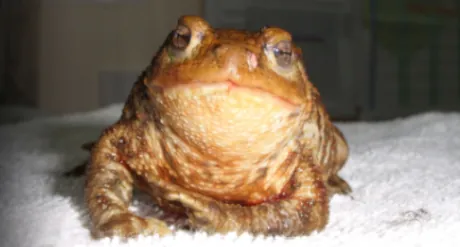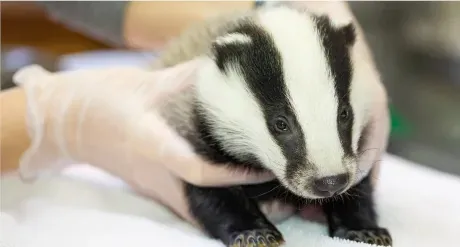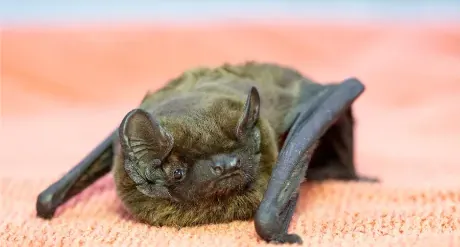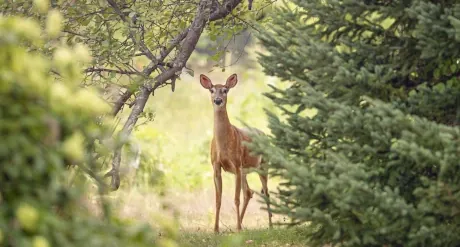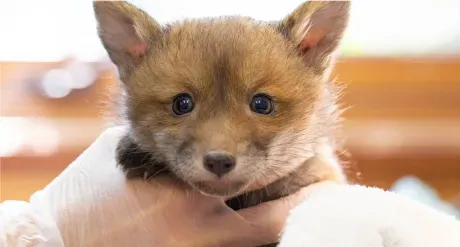One of the UK's leading animal conservation charities
About us
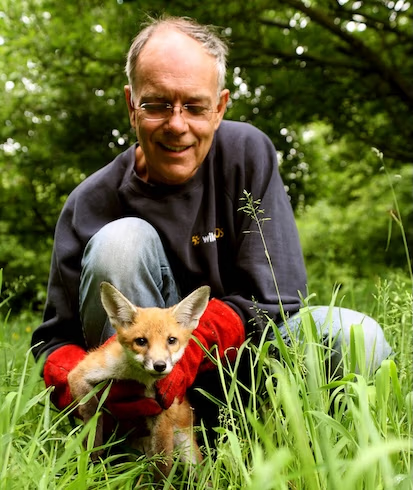
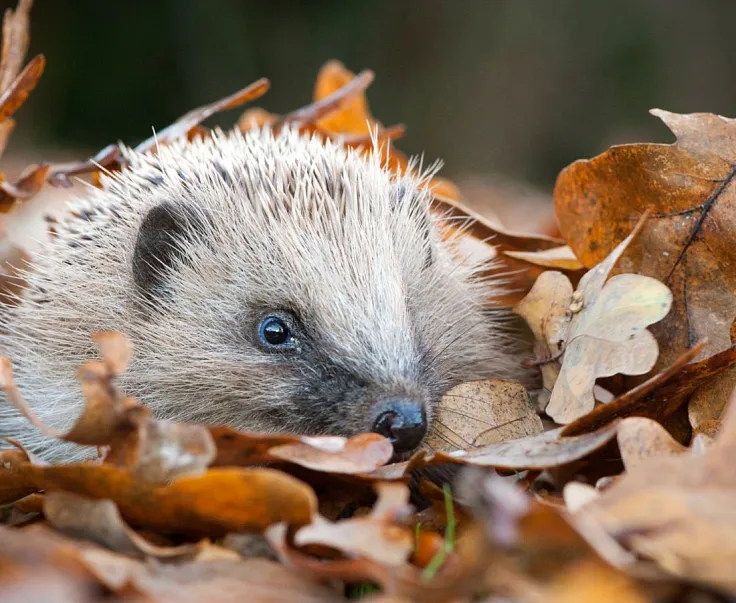
What We Do
365 days a year, every year, we are here, running one of the UK’s busiest wildlife rescue and rehabilitation centres. Right now, as you read this, we are providing life-saving front-line care and specialist recovery facilities to injured, ill and orphaned wild animals.
Day-to-day, you can think of us as an emergency service for wild animals. Our team of over 300 hundred trained volunteers is out rescuing injured and trapped animals, or at the centre, admitting those that concerned members of the public bring to us. Our team of specialist vets triage, treat and, where appropriate, operate on our patients, who will then be cared for as they recover, rehabilitated, and released back into the wild.
This rehabilitation work can be grueling and emotionally demanding, with some species needing feeding every few hours through the night. The dedication of our teams, our supporters and our volunteers is exceptional.
Our vision
To create a world where humans are more compassionate and empathic towards the wildlife around us. A world where more people are aware of the need to protect British wildlife. A world where we are able to help ALL animals.
Our mission
In Britain, we are fortunate to enjoy a huge diversity of native animals and birds, but, every year, millions of these animals are killed, injured or suffer some trauma, either as a result of direct contact with man or the impact that we have on the environment.
Our aim is to help redress the balance between man and nature and to play our part in preserving our heritage for future generations to enjoy. While there are many organisations and schemes dedicated to the vital work of preserving natural habitats, there are still very few helping to preserve the species that live within them. Here at the WAF, we are dedicated to the rescue, care and rehabilitation of sick, injured or orphaned wildlife.
Through history, we have seen how the impact of losing one species can have devastating effects on the whole ecosystem and there may be even more long-term effects that, as yet, we still do not fully understand.
Each and every animal plays its own part in preserving the balance of nature. At WAF, no British wild animal, from any species, is ever turned away if it needs our help.
Our ethos
All wild animals that come into WAF’s Surrey-based wildlife hospital are treated and rehabilitated completely free of charge. Our aim is to return every animal that is capable of surviving, back to its natural environment. We are not species specific and will treat any form of British wildlife.
At the Wildlife Aid Foundation, we do not believe that it is right to keep any wild animal in captivity, so, if, despite our every effort, an animal cannot be returned to the wild to live a full and healthy life, we will afford that animal the dignity of a peaceful and pain-free death in a warm and comfortable environment. Every day, however, the care and dedication of our volunteers allows us to see remarkable recoveries that, otherwise, would not have been possible.
Community & Engagement
Inspiring, educating and empowering the public is a key driver for Wildlife Aid in our mission to make the world a brighter and safer place for wild animals.
Through our community and engagement programme, we aspire to connect people with wildlife and wild spaces, encouraging them to learn, take action and value our precious wildlife.
A large percentage of the patients we receive in our hospital are due to the impact of humans. And whilst the human impact is often unintentional, there are many things we can do, to better co-exist, with our wildlife neighbours. Our gardens, parks, woodlands, green spaces and more, are wild animal homes, and by taking the time to understand the small actions we can take to make their homes a safer place, the greater chance we will have of safeguarding them for future generations.
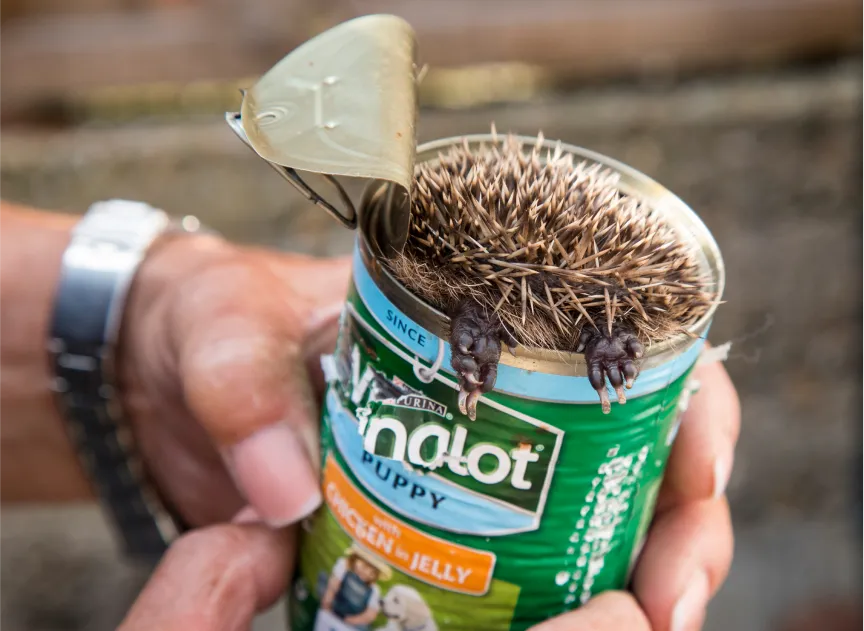
volunteer with us
“Volunteering at Wildlife Aid, and working with the animals, is the most rewarding thing I’ve done in years. I used to feel totally powerless about what we’re doing to our environment, now I actually feel like I’m making a difference.” – Linda WAF volunteer
We rely on a large team of volunteers with diverse skills, ages and backgrounds, and need help with everything from odd jobs to educational talks, and animal husbandry to fundraising. Find out where you fit in.
donate to save lives
Help wildlife at home
Before you intervene, please click on the relevant animal below first.
Contact us
For general enquiries, please complete this form and we will aim to respond to you within 2 working days.
